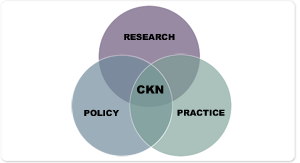The Problem We’re Trying to Address
Statistical models designed to measure growth in student learning are rapidly being introduced and applied in districts across the country to measure the effectiveness of teachers and schools. States and districts are implementing teacher evaluation systems that use value-added methodologies, in conjunction with measures of teacher practice, to inform consequential personnel decisions. The statistical challenges of isolating the impact of a classroom teacher are non-trivial and many technical questions are not yet resolved. Many quantitative experts are independently conducting research on modeling teacher effectiveness using value-added methodology. Topics chosen for study are frequently dependent on data available to researchers or driven by researchers’ own theoretical or methodological interests. Furthermore, many of the leading experts in this field are tied to commercial interests or policy stances regarding the use of these methods.
Most significant, the state of knowledge in the field is constantly changing as policy attention is fueling a great deal of new research on value-added. The vast amount of information and the cacophony of differing perspectives on value-added available on the internet can be overwhelming to educators interested in understanding the implications of value-added on their work. Add to this the fact that most findings are written in highly technical language, fully comprehensible only to trained statisticians and econometricians, and one can readily see why much necessary knowledge is inaccessible to the very professionals who must work with it to make many practical decisions about the design and implementation of systems to evaluate teaching.
Research with the potential to affect the lives of hundreds of thousands of teachers and millions of students is rapidly accumulating. In the absence of a mechanism by which these findings are translated and incorporated into the design and administration of teacher evaluation systems, these systems will not benefit as the state-of-the-art knowledge improves.


